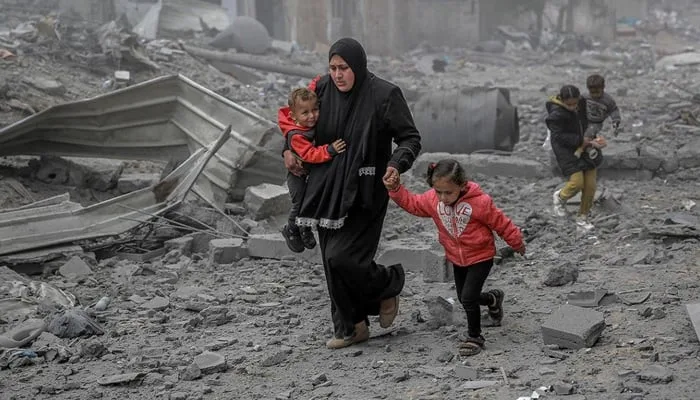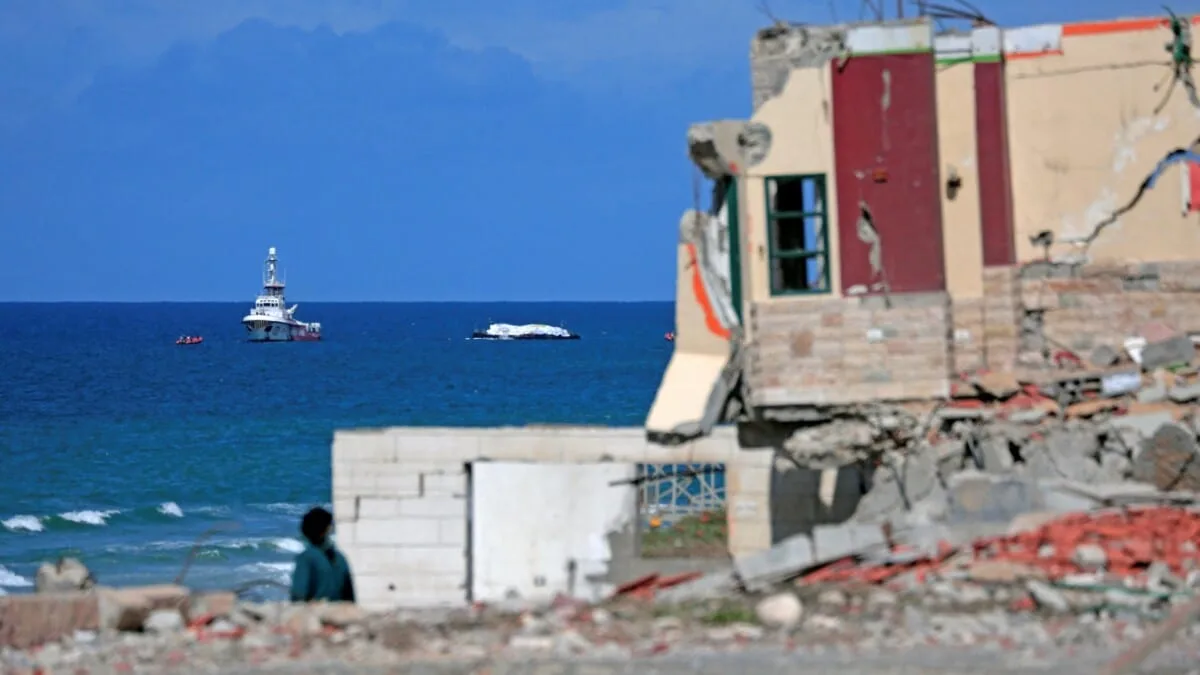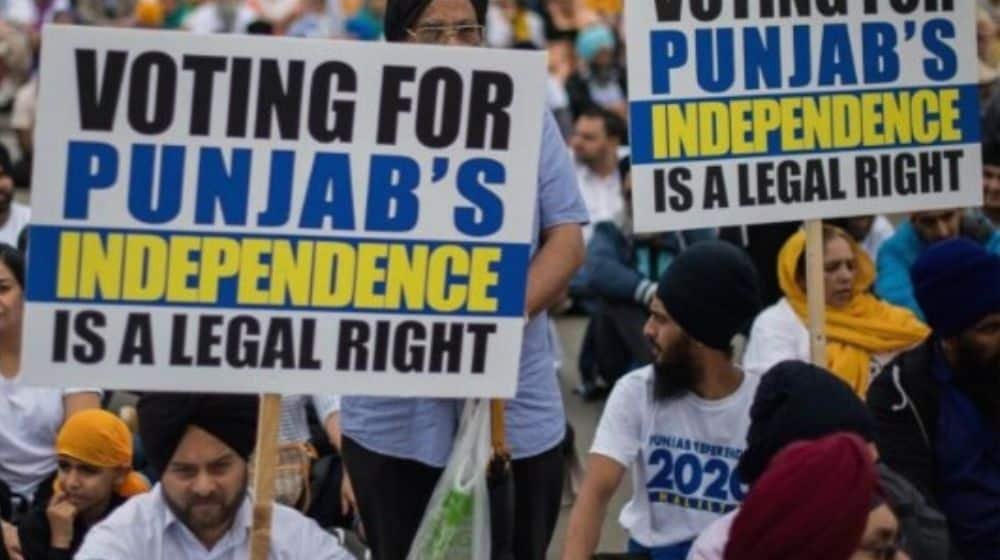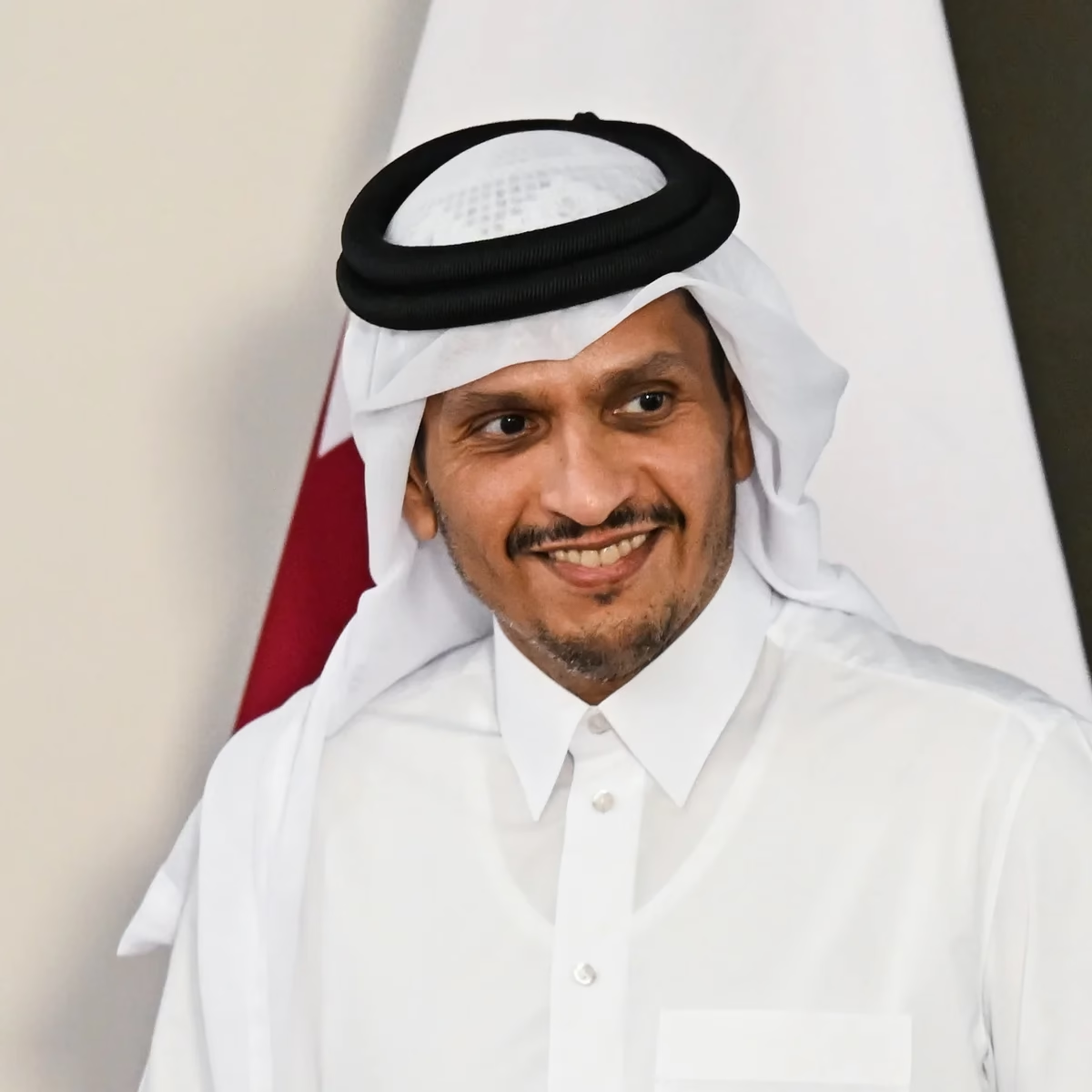Despite the recent massacre of more than 230 Palestinians in the last 24 hours and widespread international condemnation, Israeli military attacks have persisted unabated. Reports indicate that the Israeli army continues its relentless shelling of various areas in Rafah city, targeting regions including Tal Al-Sultan, Saudi, Tal Zarrub, and Al-Hashashin. These attacks have resulted in numerous casualties and injuries among the Palestinian population.
Renewed Attacks and Casualties
Foreign media sources confirm that the series of fresh attacks by Israel began late at night. One of the most devastating assaults occurred in Rafah, where the Israeli army shelled tents set up for displaced Palestinians. This so-called safe area turned into a scene of carnage, with 45 Palestinians losing their lives. Among the deceased were many women and children, underscoring the tragic toll on vulnerable civilians.
The ongoing conflict in Gaza has led to the displacement of over 1 million Palestinians in just 20 days. This mass displacement exacerbates the already dire humanitarian situation in the region, leaving countless families without homes or basic necessities.
International Response
In response to the escalating violence, Algeria, a non-permanent member of the United Nations Security Council (UNSC), has called for an emergency meeting. This session is scheduled to take place in a closed setting, where the UNSC will discuss the massacre in Rafah and the broader implications of the Israeli military’s actions.
Various nations and international organizations have condemned the attacks. The United Nations, Germany, and Canada have all voiced their objections to the ongoing violence. In particular, the Canadian Foreign Minister addressed the Canadian Parliament, emphatically stating that the massacre of innocent Palestinians is unacceptable.
Humanitarian Crisis and Global Condemnation
The situation in Gaza has reached a critical point, with the humanitarian crisis deepening by the day. The international community’s reaction has been swift, with calls for an immediate ceasefire and renewed efforts to protect civilians.
The UN’s condemnation highlights the urgent need for international intervention to prevent further loss of life. Germany and Canada, among other nations, have echoed these sentiments, urging for a resolution that ensures the safety and dignity of Palestinian civilians.
Historical Context and Current Developments
The current escalation is part of a long-standing and deeply rooted conflict between Israel and Palestine. The international community has often been divided in its response, with some countries supporting Israel’s right to defend itself, while others emphasize the disproportionate impact on Palestinian civilians.
The UNSC meeting called by Algeria represents a critical juncture where diplomatic efforts must be intensified to address the violence. The discussions will likely focus on immediate steps to protect civilians, establish a ceasefire, and explore long-term solutions to the conflict.
The Role of Media and Public Opinion
Media coverage plays a crucial role in shaping public opinion and international response to the conflict. Reports and images of the devastation in Rafah and other affected areas have sparked global outrage and increased pressure on governments and international bodies to act.
Social media platforms have also been instrumental in mobilizing public support and drawing attention to the plight of Palestinians. Activists and ordinary citizens alike have used these platforms to share information, call for justice, and urge their governments to take decisive action.
Looking Forward: The Path to Peace
The path to peace remains fraught with challenges, but the international community’s response in the coming days and weeks will be pivotal. Diplomatic efforts, humanitarian aid, and a commitment to upholding human rights are essential components of any sustainable solution.
The emergency UNSC meeting will be closely watched by stakeholders around the world, with hopes that it will lead to concrete measures to alleviate the suffering in Gaza and pave the way for a lasting resolution to the Israeli-Palestinian conflict.
The continued Israeli shelling and the resultant loss of Palestinian lives have triggered a significant international outcry. The humanitarian crisis in Gaza underscores the urgent need for a concerted global effort to protect civilians, ensure justice, and work towards a peaceful resolution. As the world watches, the actions taken by international leaders and organizations will be crucial in shaping the future of this deeply troubled region.



